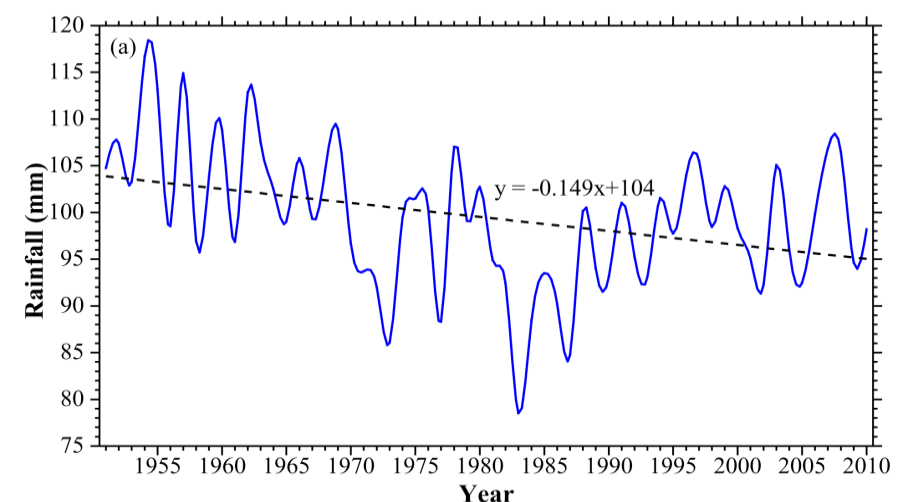Perception of Cassava-Based Farmers to Climate Variability in the Rain Forest and Derived Savannah Biomes of Nigeria.
The pattern of agricultural production is influenced by climate variability, particularly in those regions of Africa where agriculture is primarily rain-fed. There is a discrepancy in how farmers perceive and respond to climate unpredictability, which affects their choice of production methods and enhanced livelihoods. Researchers examined how farmers in two Nigerian ecosystems who grow cassava felt about climate change. Climate data from 1951 to 2010 were used to validate and assess farmers’ perceptions. In contrast to those who saw it as God’s vengeance or an act of God, more than 65% of farmers saw climate variability as unpredictable weather over time. Regarding adaption strategies, 63.4% of respondents reported access to weather forecasts, and some (55.4%) used them, while 58.4% engaged in artisanship (blue-collar) work and vegetable production (63.2%). The authors suggest that the State governments should reintroduce the highly adaptable and high-yielding TMS 30572 (an improved cassava variety) to farmers, given its inherent capability to withstand cassava mosaic virus disease, extreme weather conditions, and its long gestation period.
